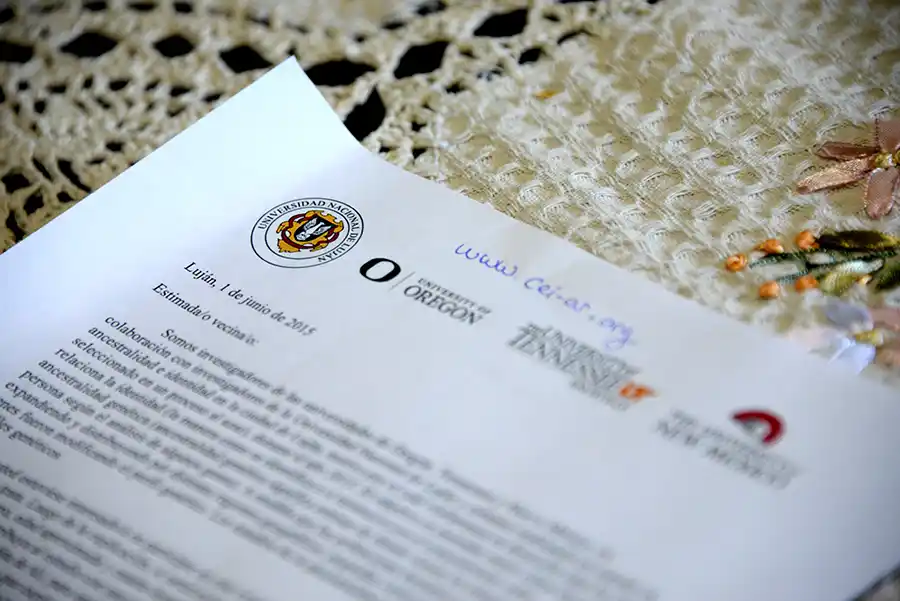Genetic Ancestry, Race, and National Belonging in Argentina
Genetic Ancestry, Race, and National Belonging in Argentina

The project team is interested in understanding what consumers outside of the United States take away from these tests. Does genetic testing support the assumption of racial categories, which anthropologists know are socially constructed, in the minds of consumers? Does genetic information invoke racialized notions of human difference? A second project objective is to understand long-term take-aways of not just individuals, but also groups. As more genetic ancestry studies are conducted on a national level, does the collective understanding of race and national belonging change
The collaborative project began at a moment when a tie between genetic ancestry tests and “race” was presumed but not yet tested, particularly outside of the United States. The team has been conducting their research in the city of Luján, in the Republic of Argentina. Argentina and the United States share important commonalities: both countries experienced similar immigration histories, and both underwent the phenomenon of intense nation-building at about the time that eugenic principles became part of philosophies and practices of nationalism and citizenship. For this reason, the results of this project could be used to reflect on these questions in the United States

The fieldwork component of the project took place from 2015 to 2019. Cabana and her colleagues conducted genetic ancestry analysis of 300 people, randomly selected from Luján’s historical downtown. They interviewed 80 individuals from this broader group multiple times over the course of the project to see if and how individuals’ attitudes changed when they received genetic ancestry results. To address the second project goal, the team put on two public exhibits, during which they interviewed city residents on their reactions to the collective results of the 300 participants. They have also been conducting participant observation and media tracking since 2015.
The project is ongoing. Currently team members are analyzing surveys, interview transcripts, and investigator notes using qualitative analysis methods. Results will be reported over the next three years. Meanwhile, you can visit cei-ar.org to learn more about the project.